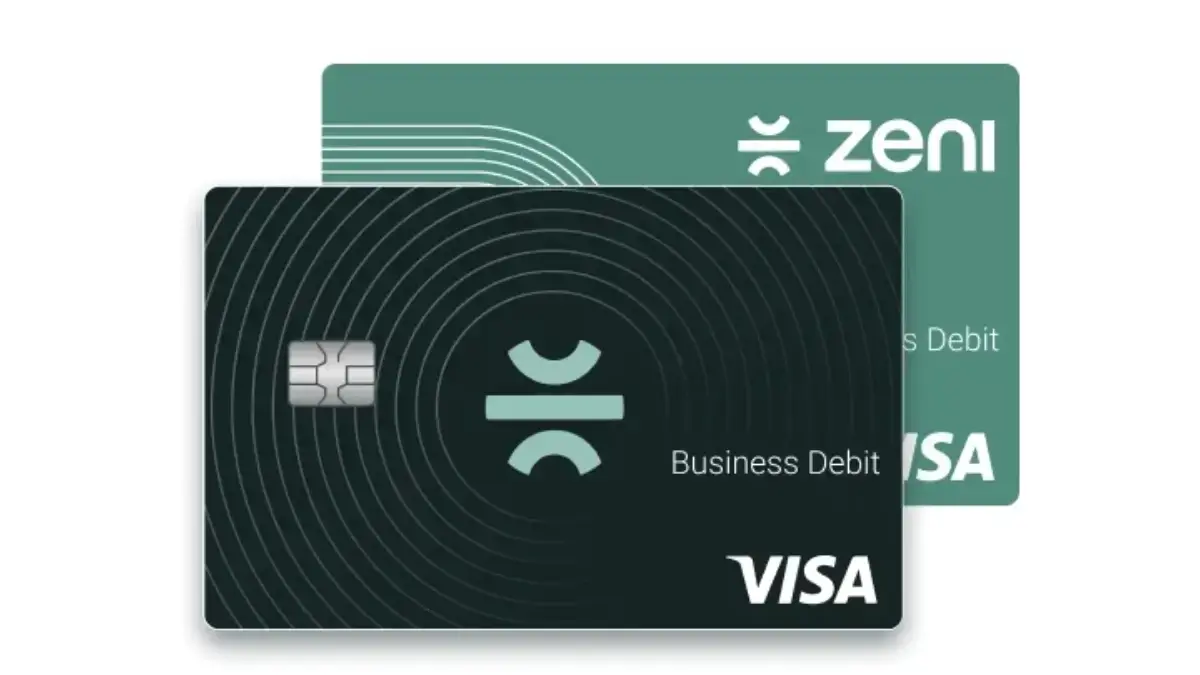
Kudos has partnered with CardRatings and Red Ventures for our coverage of credit card products. Kudos, CardRatings, and Red Ventures may receive a commission from card issuers. Kudos may receive commission from card issuers. Some of the card offers that appear on Kudos are from advertisers and may impact how and where card products appear on the site. Kudos tries to include as many card companies and offers as we are aware of, including offers from issuers that don't pay us, but we may not cover all card companies or all available card offers. You don't have to use our links, but we're grateful when you do!
Does Williams and Fudge Report to Credit Bureaus
July 1, 2025


Quick Answer
Williams & Fudge can report unpaid debts to the major credit bureaus, which will negatively impact your credit score. This collection account can remain on your credit report for up to seven years, affecting your ability to secure future loans.
Williams and Fudge and Your Credit
Williams and Fudge is a third-party collection agency that primarily works with colleges and universities. They are hired to recover outstanding debts, such as unpaid tuition, fees, and institutional loans. The agency contacts former students on behalf of the educational institution to collect on these delinquent accounts.
When Williams and Fudge takes on an account, it may be reported to the major credit bureaus. This appears as a collection account on your credit report, which can significantly lower your credit score. The entry will specify the original creditor, typically the educational institution you attended.
Does Williams and Fudge Report to Credit Bureaus?
As a collection agency, Williams and Fudge may report delinquent accounts to credit bureaus, especially for educational debts like federal Perkins Loans. However, their specific reporting practices are not publicly detailed. For clarity on your account, contacting them directly is the best course of action. Generally, several events can trigger a report:
- Statement Closing: Creditors typically report your account balance and status to bureaus around your monthly statement closing date.
- Late Payments: An account is usually reported as delinquent once a payment is 30 or more days past due.
- New Accounts: Opening any new line of credit, like a loan or credit card, is reported to the bureaus.
- Collections Activity: When an account is sent to a collection agency, it often appears as a new collection account.
- Account Closure: Closing an account, whether by you or the creditor, is also noted on your credit report.
Who Does Williams and Fudge Report Credit Information to?
Williams and Fudge may report information to the three major credit bureaus:
- Experian
- Equifax
- TransUnion
When does Williams and Fudge Report to Credit Bureaus?
There isn't a set schedule or specific timeframe when Williams and Fudge reports to the credit bureaus. The decision to report a delinquent account is handled on a case-by-case basis and depends on several factors. These triggers can include the original creditor's policies, the age and size of the debt, and whether you've made any payments or responded to collection attempts. Because of this, the timing of a report appearing on your credit file can vary significantly from one person to the next.
How Reporting Can Affect Your Credit Score
Positive impact
- Paying off a collection account demonstrates financial responsibility, as newer FICO and VantageScore models often ignore paid collections, potentially boosting your score.
- Resolving the debt with Williams and Fudge shows lenders you meet your obligations, which is viewed more favorably than leaving an account unpaid.
Potential negatives
- A new collection account appearing on your credit report will cause a significant score drop, as payment history is the most important factor.
- This negative entry can stay on your credit report for up to seven years, hurting your long-term creditworthiness and ability to get new loans.
Tips for Managing Credit with Williams and Fudge
- Maintain open communication and document every interaction. Ignoring the agency can escalate collection efforts, so keep a detailed record of all calls and letters.
- Request a debt validation letter immediately. This is your right, and it requires the agency to prove the debt is yours before you make any payments.
- If the debt is valid, try to negotiate a settlement. You may be able to arrange to pay a smaller lump sum to satisfy the entire debt.
- Ask about setting up a payment plan if you cannot pay in full. A structured plan that fits your budget can help you resolve the account over time.
- Always get any agreement in writing before sending money. A written contract detailing the settlement or payment plan protects you from future disputes or misunderstandings.
Get More From Your Credit Cards
For anyone aiming to maximize their credit card rewards, Kudos is the ultimate free shopping assistant for online purchases. Better yet, you can currently receive $20 back following your first qualifying transaction; just sign-up for free with the code "GET20" and buy from a Boost merchant.

Supercharge Your Credit Cards
Experience smarter spending with Kudos and unlock more from your credit cards. Earn $20.00 when you sign up for Kudos with "GET20" and make an eligible Kudos Boost purchase.
Editorial Disclosure: Opinions expressed here are those of Kudos alone, not those of any bank, credit card issuer, hotel, airline, or other entity. This content has not been reviewed, approved or otherwise endorsed by any of the entities included within the post.





























.webp)
.webp)
.webp)
%20(1).webp)
.webp)
.webp)


.webp)